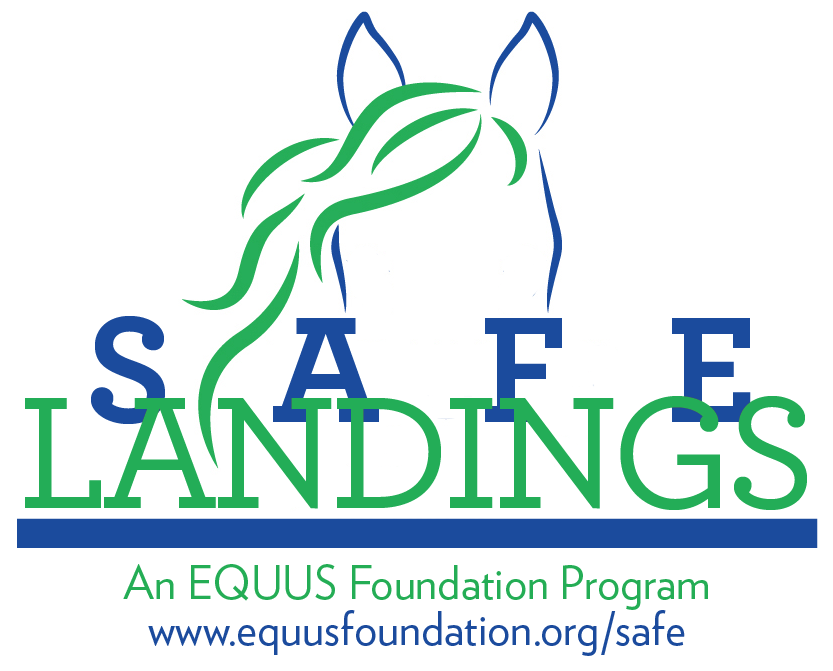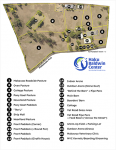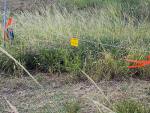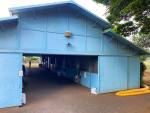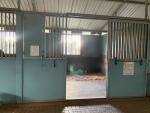MAKE AN INQUIRY
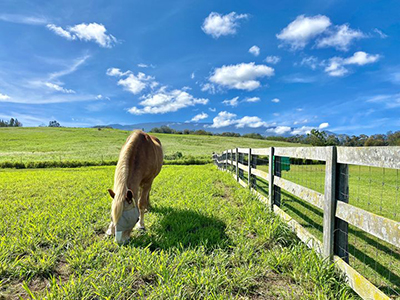
|
Haku Baldwin Center 444 Makawao Ave MAKAWAO HI 96768 808-572-9129 Last Updated 2024-12-30 Public Charity Mission/How we are involved with horses: Primary Focus involving horses (Horse Welfare, Public Service, Sport & Recreation): Public Service The organization is directly responsible for the care and shelter of equines involved in the organization's programs. The organization conducts Equine Assisted Services (EAS) in accordance with the EQUUS Foundation Guidelines on Qualifications of Organizations Conducting Equine-Assisted Services (EAS)). The organization provides outreach and/or public education programs involving horses. |
EIN: 99-0292754 Founded: 1992 |
View our WEBSITE
Make An Inquiry
2506/3903/494
- Copyright © 2018
- | Contact Us Here
- Terms
- Privacy Policy
- EQUUS Foundation, 168 Long Lots Road, Westport, CT 06880 | 203-259-1550
